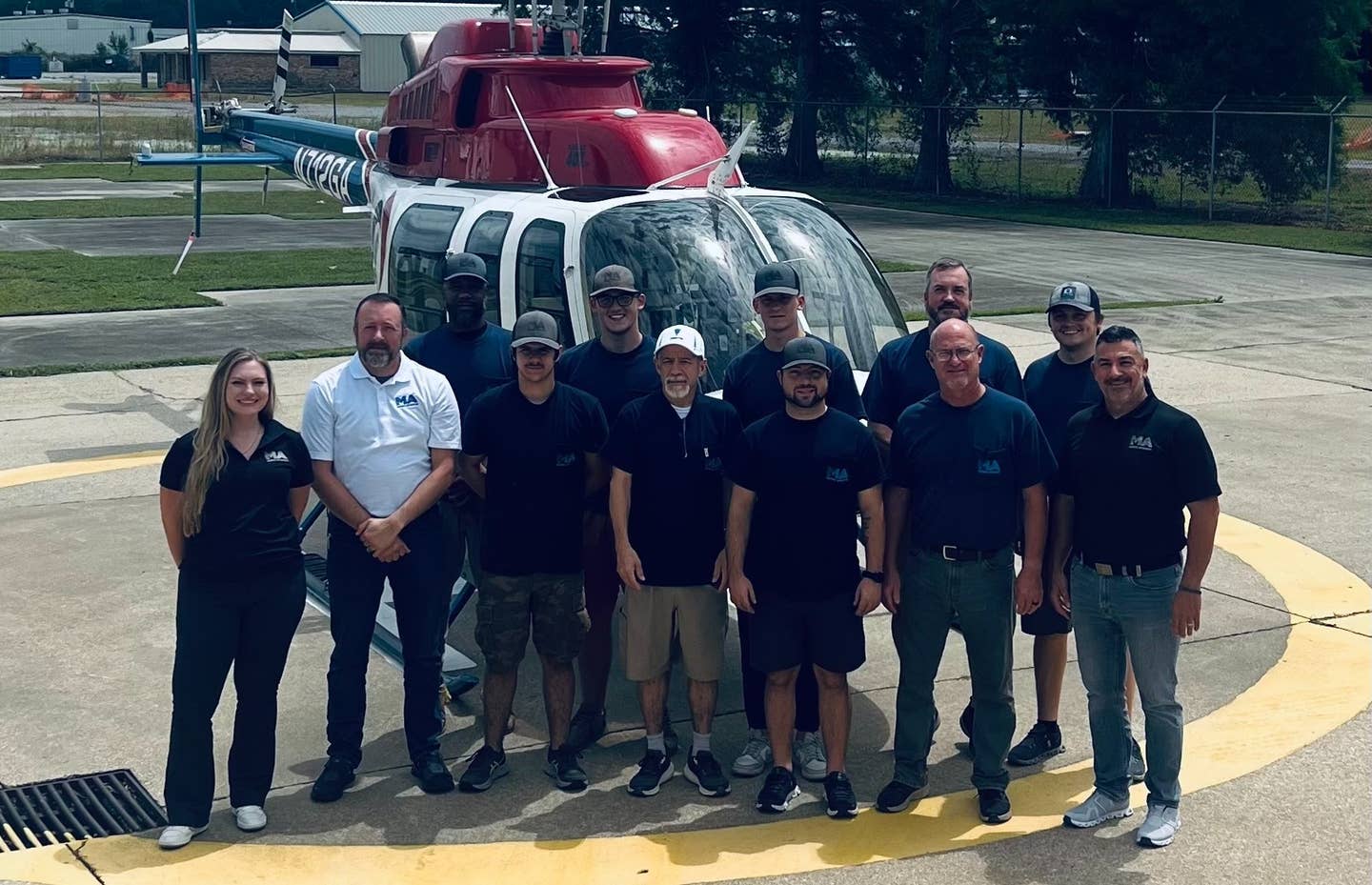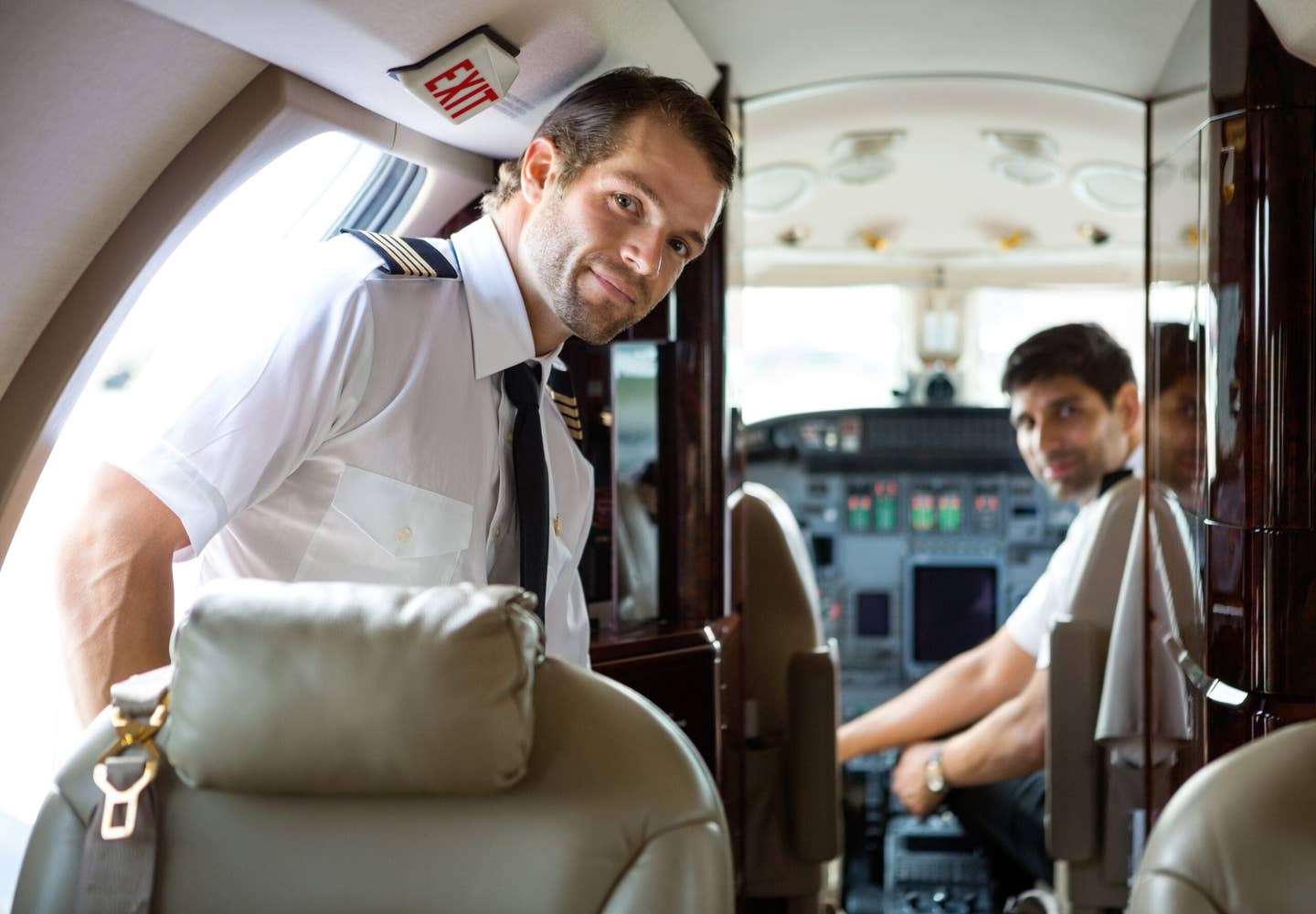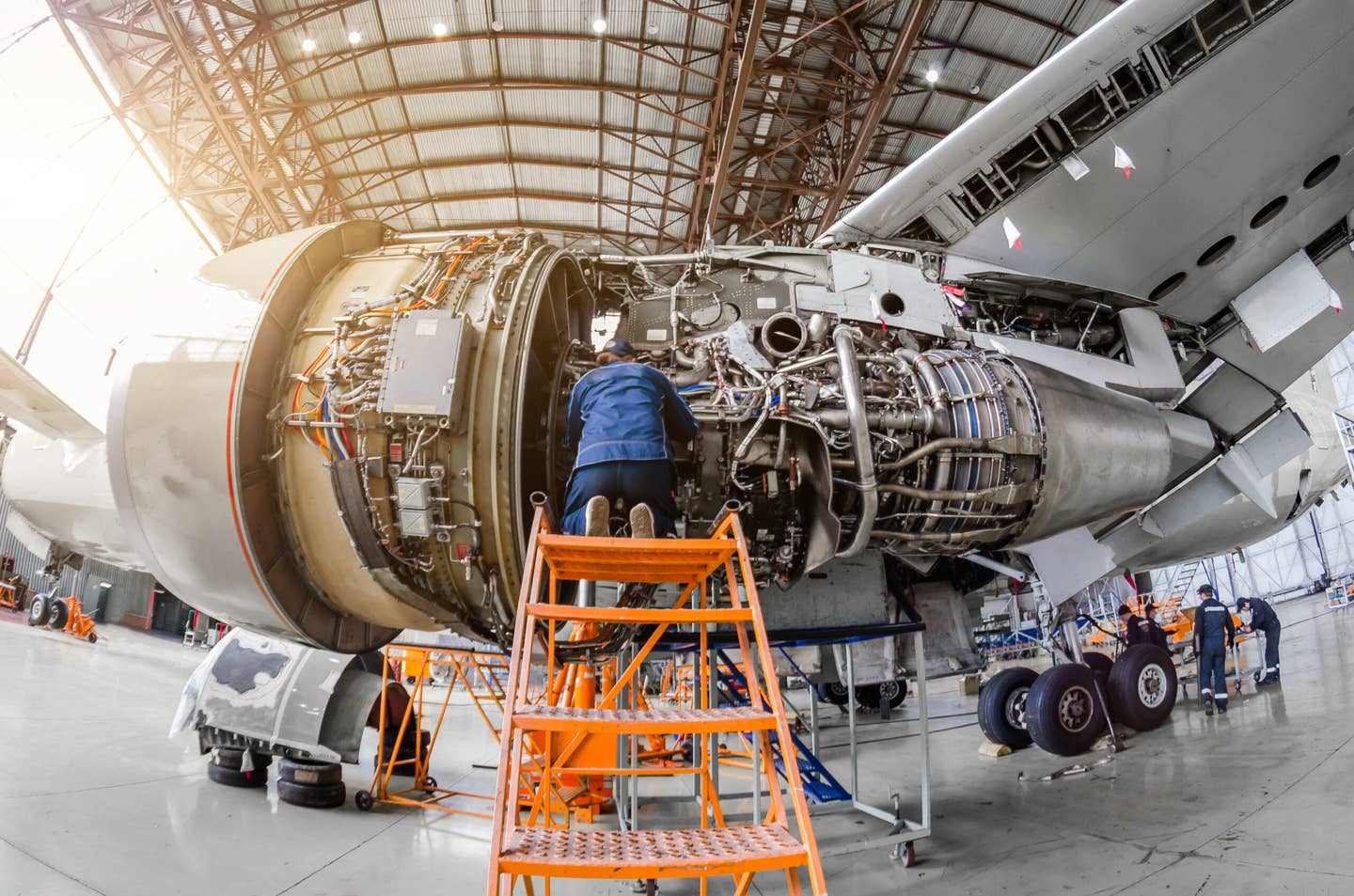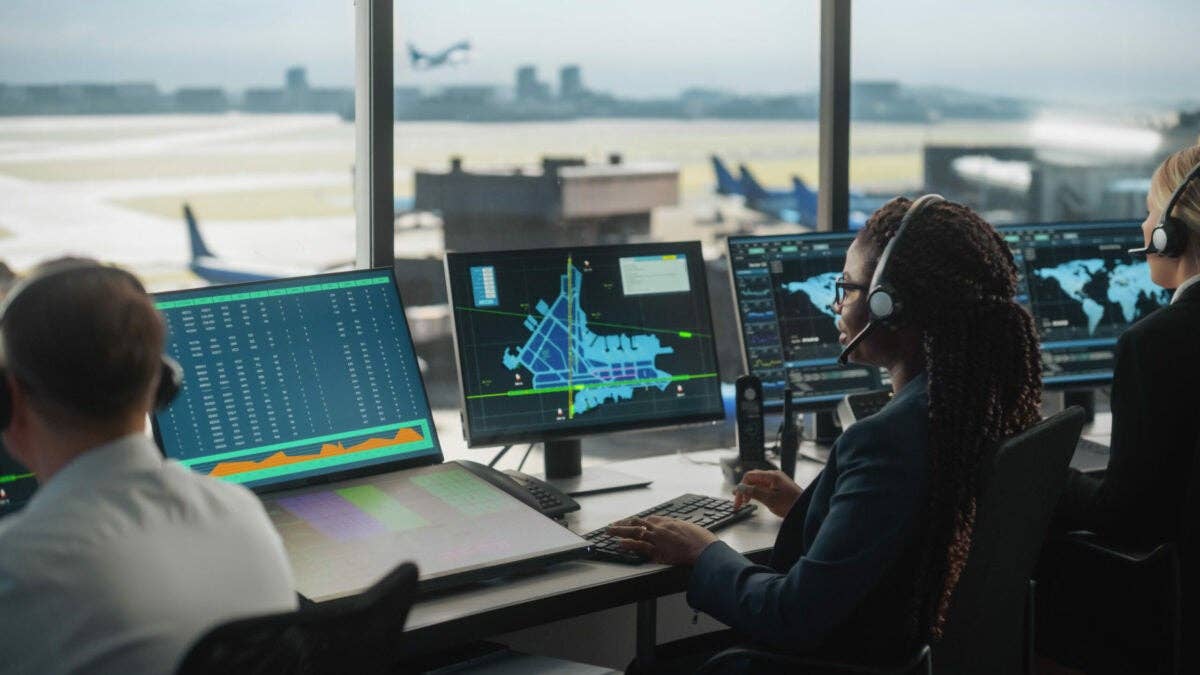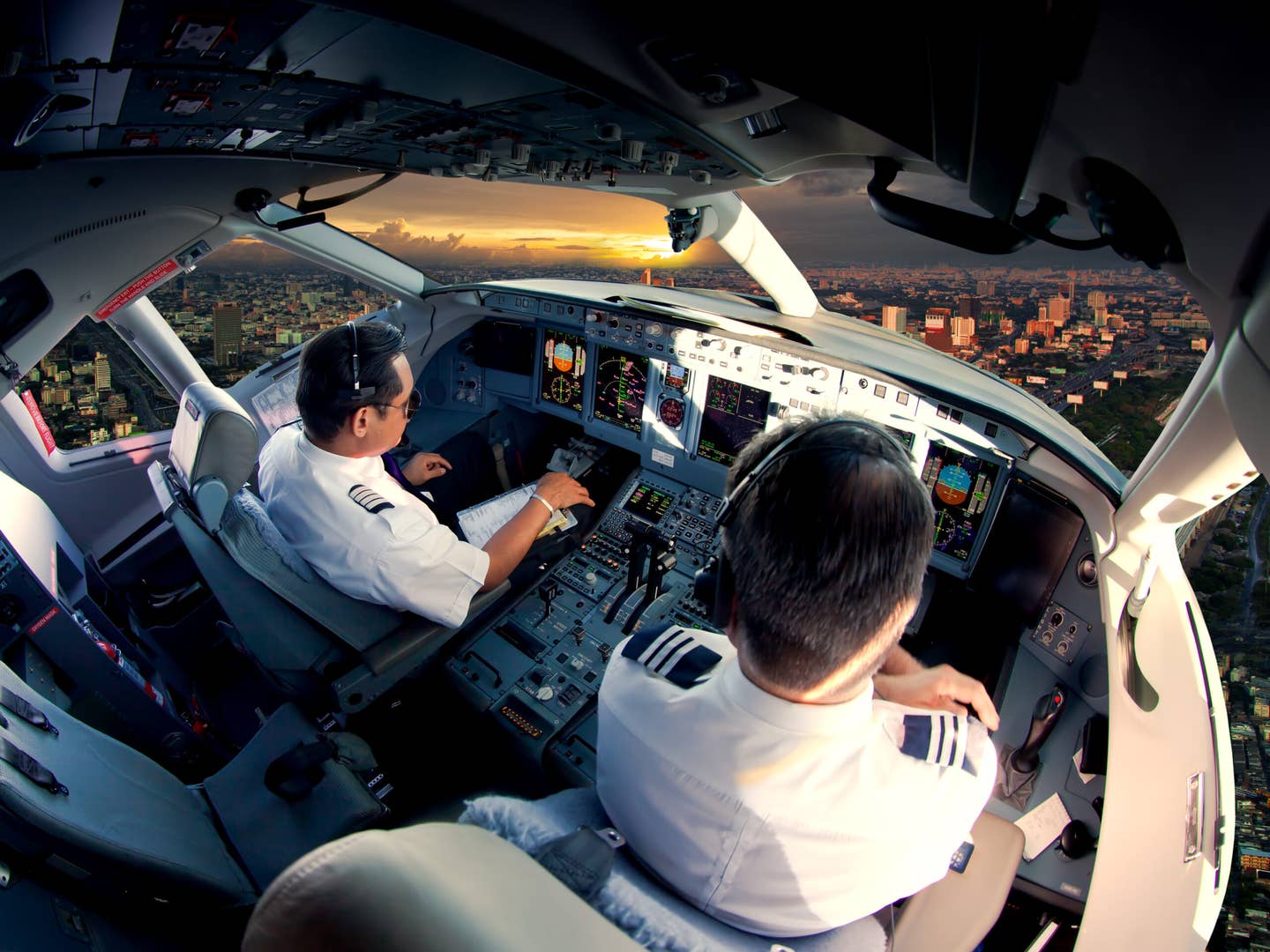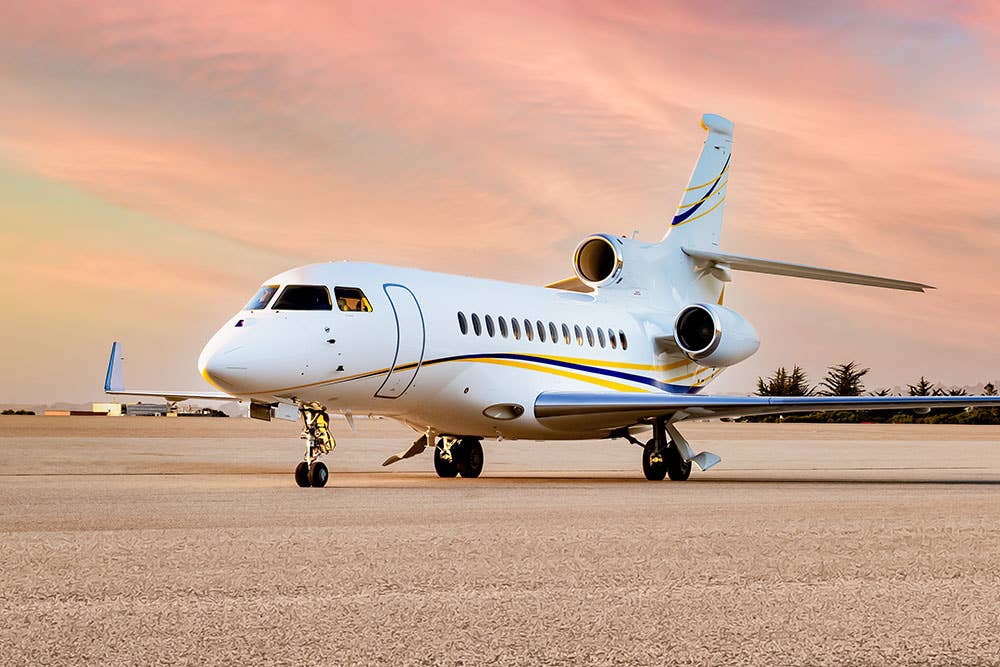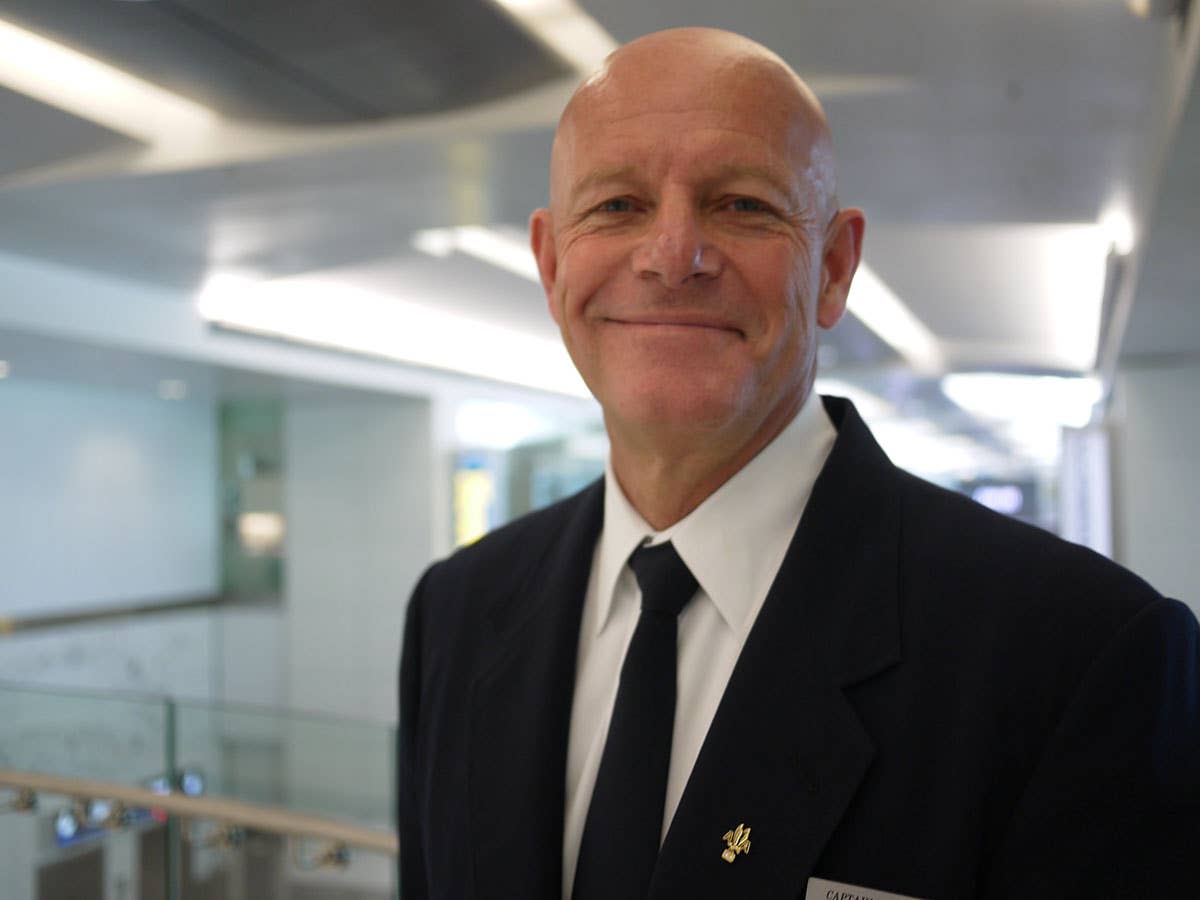
Capt. Brian Beach is one of four chief pilots that supervise 2300 pilots at American Airlines’ Miami base. Beach starts his day at 5:30 am, often choosing to meet arriving international flights so that he can check-in with flight crew about any operations issues they might have experienced. Amy Laboda
When you meet American Airlines Miami-base Chief Pilot Capt. Brian Beach, you know he likes his job. Watch him interact with a few of the 2,300 pilots he leads and you'll begin to think that Beach is good at his job too. You'll have to get up pretty early in the morning to catch him at his desk though.
"I like to come in around 5:30 a.m. as the international flights are landing and the first domestic flights of the day are prepping for departure," he says. A typical day includes answering a barrage of emails, studying flight operations and consulting with the other three Miami-base chief pilots, and then meetings. Somewhere in there, Beach takes time to walk the gates to meet his crews and talk with them about how they think operations are going. In his eyes, they are the front line.
The retired Marine pilot came to American in 1990 as a line pilot, and he still practices that art but mostly on the weekend. "I'll take a trip from one of my pilots and fly it to give him or her a weekend off. I think it is important for them to have a family life," he explains. "I'm an advocate for my pilots. My phone is on 24/7, and if you do the right thing, I'm there for you," he says.
He got his first taste of leadership as an instructor pilot in the Marines. But it was stints the union safety committee and then time as the union's National Accident Safety Investigator that brought him to the attention of both pilots and management. The union honed his leadership skills and his focus.
"I learned so much about the Aviation Safety Action Program (ASAP) and how to use it to make the airline better and safer," Beach says. ASAP encourages pilots to report mistakes so that the FAA and airline can analyze them and create systems to prevent them. Pilots who participate in ASAP are not penalized. After two years as chair of the safety committee he was offered the chief pilot job.
Not every airline hires chief pilots the same way. At Delta Air Lines chief pilots rotate through two-year terms, moving from chief pilot to an operations position or back onto the line.
What is Beach's advice to pilots? First, you should concentrate on being a great pilot and the leader on your airplane. Then learn the company's operations and look for a place you might fit in. "The pilot's union is another great place to both give back to your profession and hone leadership skills," he continues.
Chief pilots at major airlines are sometimes compensated as management on salary and sometimes paid as captain on an hourly rate plus a bonus. The median income in the U.S. is $182,030 (salary.com) and ranges to more than $220,000. Beach will warn you, however, not to do this for money. You work more hours than a typical line pilot. That being said, you sleep in your own bed more nights too.
Interested in a leadership position at your flight department? Research your own union (Alliedpilots.org, Alpa.org, Teamsterair.org) or join a mentoring association, such as Future & Active Pilot Advisors (FAPA.aero) or Women in Aviation, International (WAI.org) and participate in a committee or an event. It is a great way to meet leaders who can mentor you into the aviation job you dream about.

Subscribe to Our Newsletter
Get the latest FLYING stories delivered directly to your inbox

